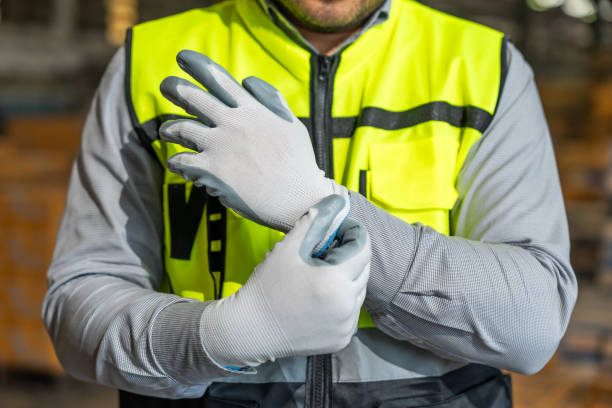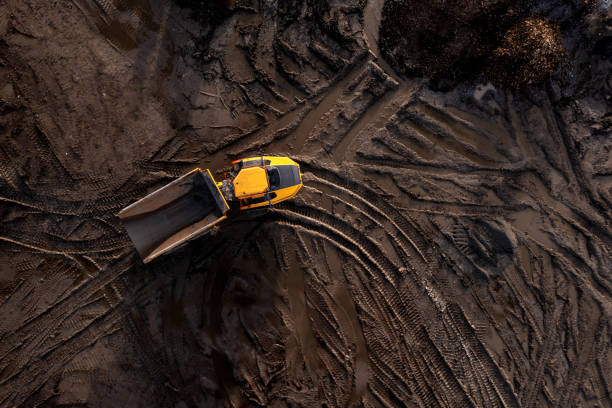QLD - New Workplace Coal Dust Standard Commences in Queensland

Original article published by WorkSafe Queensland
From 1 October, the workplace exposure standard for respirable coal dust was halved in Queensland, revised from a time-weighted average of 3 milligrams per cubic metre (mg/m3) down to 1.5 mg/m3.
Respirable coal dust can be generated and made airborne during a number of work processes using coal, such as:
- breaking, crushing or milling of coal
- coal combustion processes
- handling and transport of coal and coal fly ash
- storage/stockpiling of coal
- shutdown maintenance activities
- housekeeping and cleaning of workplaces where coal is used.
Workplace Health and Safety Queensland said businesses that work with coal will need to review existing dust controls and procedures to make sure they meet the new standard and keep workers safe, particularly any business using coal-fired boilers (such as coal-fired power stations and refineries).
In addition, the regulator said they will need to continue to meet existing requirements for air and health monitoring, as well as providing appropriate training and respiratory protective equipment.
Workers must also: take reasonable care for their own health and safety; comply with any reasonable policy or procedure from the business for keeping safe from coal dust exposure at work; and wear any appropriate personal protective equipment provided by the business, so far as they are reasonably able to, in accordance with training, information and reasonable instruction.
Workplace Health and Safety Queensland established the Managing respirable dust hazards in coal-fired power stations code of practice 2018(link is external) to provide clear, enforceable standards for industry.
The regulator is also investing $5 million for medical research that improves the health and wellbeing of Queensland workers with occupational dust lung diseases like coal workers’ pneumoconiosis and silicosis.





